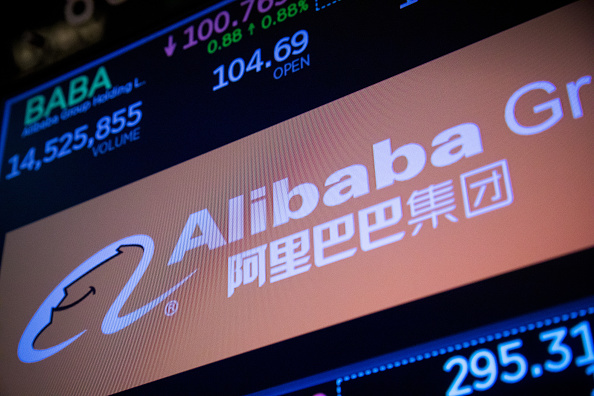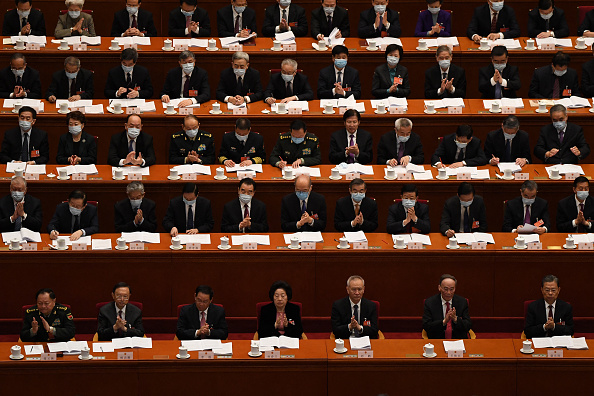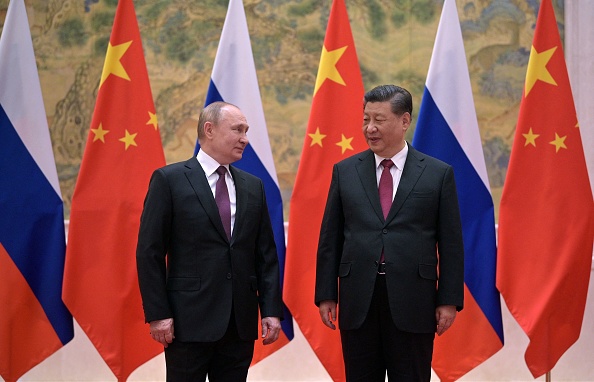
 A Win for Global Business
A Win for Global BusinessThe U.S. and China have reached a historic deal on how Chinese companies listed on Wall Street should be audited.
In a significant concession, China has agreed to give U.S. regulators access to Chinese accounting firms that audit U.S.-traded Chinese companies, which could prevent some 200 Chinese firms from being delisted from U.S. stock exchanges. The Public Company Accounting Oversight Board (PCAOB) said it was the most detailed and prescriptive agreement the regulator has ever reached with China.
Satisfying a long-running U.S. demand and bringing relief to businesses and investors in each country, the pact is the first step toward opening access for the U.S. accounting regulator to inspect and investigate registered public accounting firms headquartered in mainland China and Hong Kong completely, consistent with U.S. law.
U.S. regulators have chosen e-commerce major JD.com Inc. and KFC operator Yum China Holdings Inc. among other U.S.-listed Chinese companies for audit inspection as early as next month.
Despite the breakthrough, analysts think it's unlikely that the deal will lead to a quick resolution of other flashpoints in U.S.-China business relations, as this is just the first step related to a delicate issue, and it likely won't be resolved until access is secured and a broader agreement is finalized.
 Defying Precedent
Defying PrecedentThe countdown has begun and the 20th National Congress of the Communist Party of China (CPC) is set to begin on October 16, where around 2,300 party cadres from across the country will select China's top leaders for the next five years. In addition to the 200-member Central Committee, the congress will also elect the 25-member Politburo, and the seven-member Politburo Standing Committee.
In an unprecedented move, it is expected that President Xi Jinping will be elected to a third term, which would cement his status as the country's most powerful leader in decades.
Presidential term limits were lifted in 2018, paving the way for Xi to continue his powerful rule of the country. Despite being older than the party's unwritten retirement age of 68, it looks like Xi, who has consolidated enormous power since taking office a decade ago, will break with convention and defy historical precedent.
In addition to electing a new Central Committee, the party's top decision-making body, the 20th CPC National Congress is expected to review the party's work over the past five years and set policy directions for the country.
"The congress will formulate action plans and major policies, mobilize all party members and people from all ethnic groups across the country to firm up confidence in history, strengthen historical initiative, innovate on the basis of what has been done, and bravely charge ahead," Xinhua reported.
Read more in our series on the 20th CPC Party Congress by Cheng Li, the Director of the John L. Thornton China Center at The Brookings Institution.
 War Games
War GamesRussia launched week-long war games this week that involved forces from China and other nations, which analysts say could indicate growing defense cooperation between Moscow and Beijing as they both face increasing tensions with Washington. The drills come as conflict between Russia and Ukraine continues, and just a month after the U.S. House Speaker Nancy Pelosi's controversial visit to Taiwan.
The Vostok drills are the second joint military exercise conducted by Chinese and Russian troops this year, and will be held until September 7th, involving more than 50,000 troops and over 5,000 weapons units.
Beijing alone sent more than 2,000 troops and 300 military vehicles, plus 21 combat aircraft and three warships to take part in the drills, according to Chinese news reports. China's state-run Global Times newspaper also noted that the maneuvers marked the first time that China has sent forces from three branches of its military to take part in a single Russian drill, in what it described as a show of the breadth and depth of China-Russia military cooperation and mutual trust.
China's participation in the drills "aims to deepen pragmatic and friendly cooperation between the militaries of the participating countries, enhance the level of strategic cooperation among all participating parties, and enhance the ability to jointly respond to various security threats," Chinese defense ministry spokesperson Colonel Tan Kefei said last week.
Learn more in "Russia Sanctions, EU Reality," by Wu Zhenglong, a Senior Research Fellow at the China Foundation for International Studies.
Prepared by China-US Focus editorial teams in Hong Kong and New York, this weekly newsletter offers you snap shots of latest trends and developments emerging from China every week, while adding a dose of historical perspective.
- 2022-08-26 A Heavy Price
- 2022-08-19 Risky Business
- 2022-08-12 Backtracking
- 2022-08-05 Cross-Strait Outrage
- 2022-07-29 Playing with Fire
- 2022-07-22 Nixonian Flexibility
- 2022-07-15 List Diplomacy
- 2022-07-08 Easing Tariffs, Not Tensions
- 2022-07-01 Getting Tough
- 2022-06-24 Tools in the Box
- 2022-06-17 Unprecedented Oversight
- 2022-06-10 Squaring Off
- 2022-06-03 Diplomatic Chills
- 2022-05-27 Competing Visions
- 2022-05-20 Common Ground
- 2022-05-13 Bilateral Interests
- 2022-05-06 Vying for Mutual Benefit
- 2022-04-29 Seeking Relief
- 2022-04-22 Tipping Point
- 2022-04-15 “Persistence is Victory”